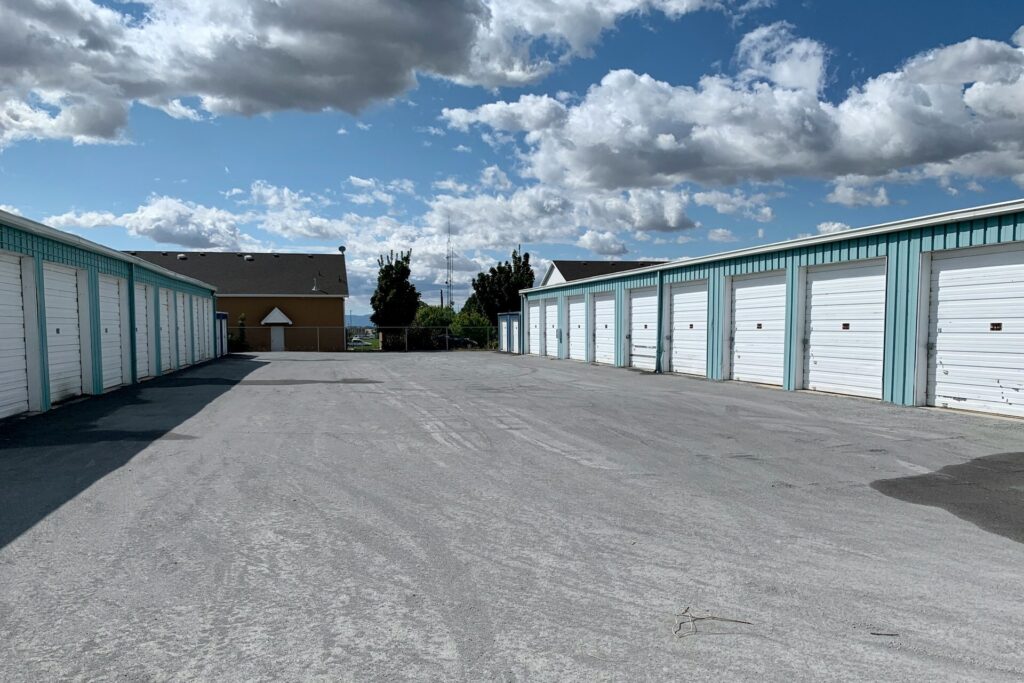
We are reader-supported. When you buy through links on our site, we may earn an affiliate commission.
Whether you plan to sell or rent homes, flipping houses is an excellent way to make a living. However, being new to this area makes you wonder whether you need a contractor’s license to flip houses. After all, you might think not having one would impact your project’s legality, quality and profitability. While there is no straightforward answer to this question, there are some pros and cons to weigh before deciding whether to get one.
Do You Need a Contractor’s License to Flip Houses?
Whether you need a contractor’s license to flip houses largely depends on the scope of the work involved and state regulations. Generally, a permit is unnecessary if you’re doing cosmetic updates — like new flooring or painting. However, larger renovation projects — especially those involving structural changes — may require a licensed contractor in certain states.
Requiring a license to flip houses ensures the renovations meet local building codes and safety standards. Each state has its own rules, so it’s vital to check the specific laws in the state where you’re flipping houses. For example, California has stringent regulations for contractors, while Texas and Florida are more lenient.
Additionally, hiring subcontractors for specialized work often requires them to be licensed in their respective trades. As a house flipper, violating licensing requirements can lead to legal issues and possible fines.
The Pros and Cons of Getting a Contractor’s License for House Flipping
If your state does not require a license, there are some benefits to getting one that may sway your decision.
The Pros of Having a Contractor’s License
Even when it’s not mandated, holding a contractor’s license gives you the ability to manage your renovations personally. This gives you a better grasp of how your projects are going. Plus, you have more control to keep projects going while staying within budget.
Additionally, flipping a home lets you save on contractor costs. There’s no need to hire workers to complete housing projects. As a licensed contractor, you get to take over the job because you are your own professional and qualified to do the task without hiring someone else. In the long run, this saves you time since you don’t have to waste it finding a contractor and working around their schedule.
The Cons of Acquiring a Contractor’s License
While becoming a licensed contractor comes with advantages, there are some drawbacks to consider before you take this direction. For instance, getting a license requires much time and effort. It requires you to study for exams, gain experience and fulfill state-specific conditions. Are you willing to invest all this time and money to become licensed? Do you have the resources to spend it?
While getting a license can be beneficial, it takes quite a few years for people to obtain one if they have yet to gain experience. For instance, Florida’s licensing board requires you to have four years of experience to get one. Meanwhile, this time could be spent immediately on what you want to get into — house flipping.
Another thing you have to consider is the codes and regulations you have to follow. This can limit how you approach certain projects. It can also keep you from investing in certain properties in other municipalities, preventing you from getting a good flipping opportunity.
Also, maintaining a license requires continued education and renewal processes. There’s a considerable amount of investment here, which may impact your overall flipping strategy.
How to Get a Contractor License Without Experience
Knowing all that time and money you must spend to obtain a license is most likely making you think twice about getting one. However, some workarounds exist, and fetching a permit for house flipping can be easy without the experience.
1. Join an Apprenticeship Program
Working in an apprenticeship can be a practical route to obtaining a license. These programs pair you with experienced contractors, giving you experience in contracting and construction from professionals themselves. Construction apprenticeships consist of a split learning experience between classroom education and on-the-job training, providing learners with both the practical and hands-on experience needed to excel. As you gain the necessary skills, you can use that experience to fulfill the requirements for licensing.
2. Get a Grandfathered Contractor License
This method allows contractors to pass their licenses to you once they retire. However, it depends on whether your state allows for this. Yet, it can be an easy way to obtain a license, especially if your family works in contracting and a relative is ready to pass theirs down. To qualify, though, you must have the experience level that meets the existing regulations.
3. Get Licensed by Endorsement
In some areas, you can get a license through endorsement if you already hold one in another jurisdiction. This method recognizes your qualifications and experience gained, which could streamline your investment opportunities in other municipalities.
To pursue this, you must have proof of your current license and show that the licensing requirements in your original area are on par with those of the new area. However, you must check with the state’s requirements to ensure this method works.
4. Form a Partnership With a Licensed Contractor
You could bypass the time it takes to get your license and build a partnership with a licensed contractor. This business relationship allows you to undertake larger projects legally under their license. As such, you gain their expertise, but it’s crucial to formalize it through a legal agreement so you avoid conflicts. Overall, it’s an effective way to get into bigger renovation projects while leveraging the skills and license of an experienced contractor.
5. Enroll in an Accredited Construction Course
Taking relevant courses can be a great way to speed up your licensing process. These courses cover topics like building codes and construction management, helping you meet part of your licensing educational requirements. They also prepare you for the licensing exam, increasing your chances of obtaining one before gaining the experience.
What Are the Requirements to Become Licensed?
If you decide to go the traditional route for getting licensed, there are some general requirements to have before approval:
- Must be at least 18 with a high school diploma or equivalent.
- Completion of construction-related courses or an accredited program.
- A certain amount of hands-on experience, often obtained through on-the-job training or apprenticeship.
- Passing a state-specific contractor licensing examination.
- Providing proof of liability insurance and a surety bond in some states.
- Undergoing a background check to ensure reliability and trustworthiness.
- Submission of a formal application along with the required fees.
Obtaining a License for House Flipping
Getting a contractor’s license takes several steps, but it can be a worthwhile investment for your business. It can open new doors to house flipping and ensure you’re up to par with legal standards. However, it’s imperative that you check with your state’s requirements, as each one can be unique. Yet, once you get a license to start flipping houses, you can begin succeeding in your venture.
To learn more about flipping homes, follow us on X.







